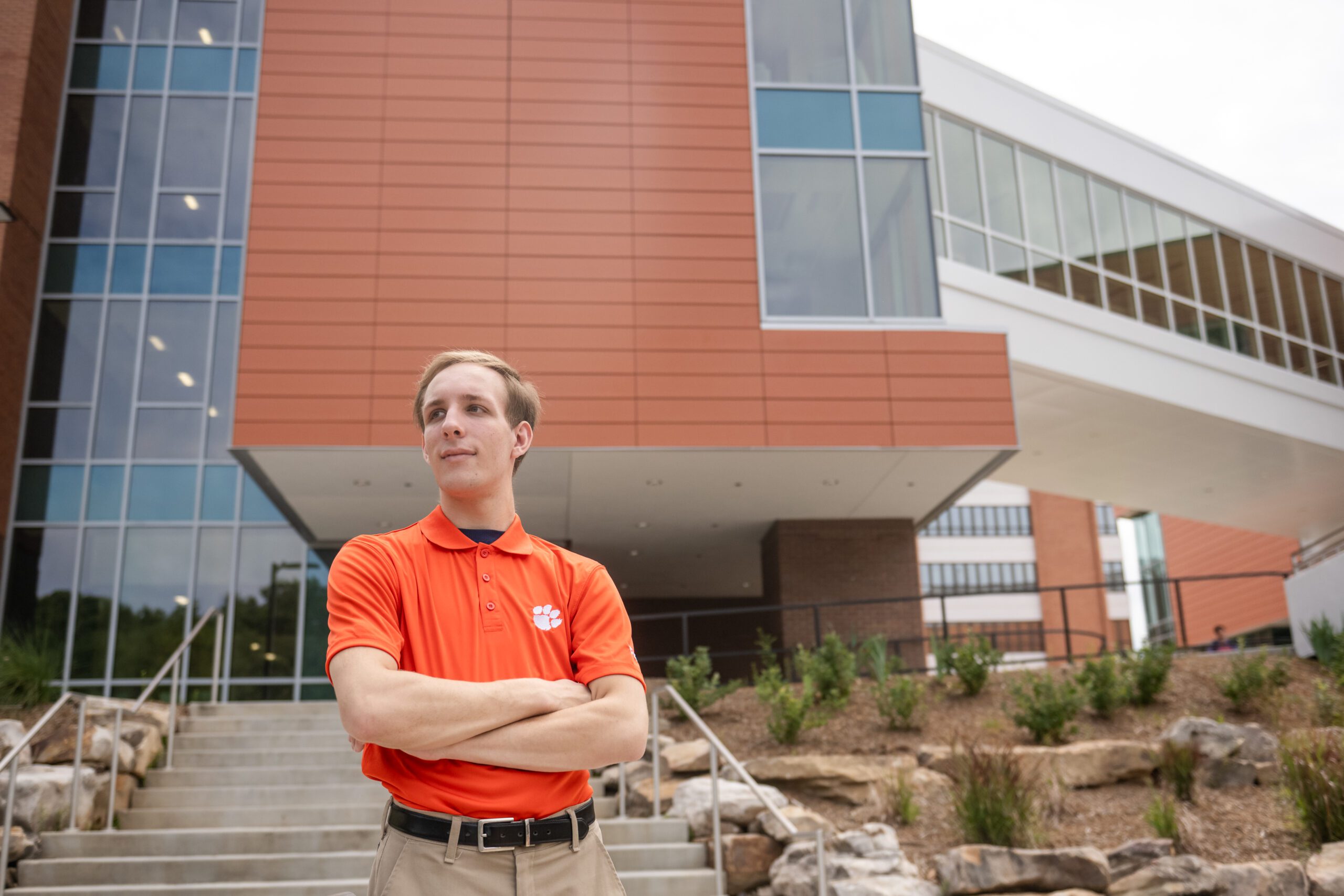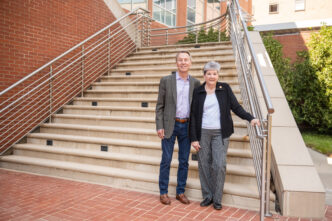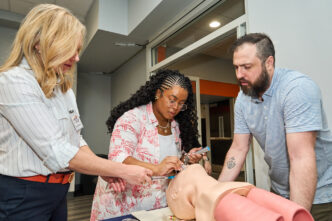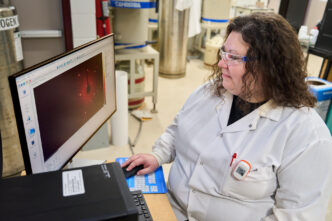Andrew Brown was “all in” at Clemson.
There was never really any doubt where he was going to go to college.
“I am one of those people who was a part of Clemson even before I started going there. I’ve lived about 20 minutes away from Clemson for most of my life. I had been to Clemson a lot. Everyone in my family is a Clemson fan,” he said. “It was my first pick.”
And he went “all in” once he started attending Clemson University in the second summer minimester in 2022. Brown will graduate in August, completing his bachelor’s degree in biological sciences in just two full calendar years.
He took summer classes and carried a load of between 16 and 20 credit hours each semester.
Exposure to many disciplines
“I just wanted to expose myself to a lot when I first started. I took as many classes as I could fit because I hadn’t been to college before and I wanted to see what different areas were like, so I took a little bit of everything, especially in my first two semesters,” said Brown, who also worked full-time at a QuikTrip convenience store.
Then he realized if he maintained that courseload for another year, he could finish his degree in two years.
“I really liked Clemson, but I figured if I could move into my career faster that would be the better move, so I went for it,” Brown said. “My routine was get up, go to school, go straight to work, go home, get whatever assignments I had for school done, go to bed. I just did that over and over again.”
Brown knew he wanted to go to medical school, but Clemson’s not offering a pre-med major was never an issue.
“People I sought advice from told me to consider other schools, but I was always confident that I could get there through Clemson,” said Brown, who is currently applying to medical schools. “I haven’t found a single medical school that requires classes outside of the biological sciences major. It fully prepared me.”
Brown is leaning toward pathology as a career, something he credits to Clemson’s curriculum.
More scientific approach
“Clemson classes encourage you to take a more scientific approach. I feel like I learned more about the research side of things at Clemson that I would have somewhere else,” he said. “I think that might be where Clemson differs from a school that has an official pre-med major.”
Brown said the first two chemistry classes he took at Clemson solidified his desire to go to medical school.
“I liked the biology classes I was taking, but I became more interested in the chemistry side of things after taking those classes. That was what led me more towards a research approach to the medical field,” said Brown, who didn’t get involved in a committed research program at Clemson because of his schedule.
He said he was interested in anesthesiology when he first enrolled at Clemson, but that pathology appeals to him now because pathologists, while still doctors, usually take a more active role in research.
“But I haven’t gone to medical school yet, so I’ll see how I feel toward the end of that,” Brown said.
During this last summer term, Brown picked up a second job at Prisma Health as a monitor checker.
“I’m in a room where I look at a screen showing heart monitor readings for all the patients in different units of the hospital. And obviously I’m supposed to make sure that no one just freaks out. If I see someone’s heart rate at 215, I’m going to be calling someone,” he said. “By working there, I can say I’ve worked at a hospital and Prisma is really good about giving you opportunities to develop yourself.”







